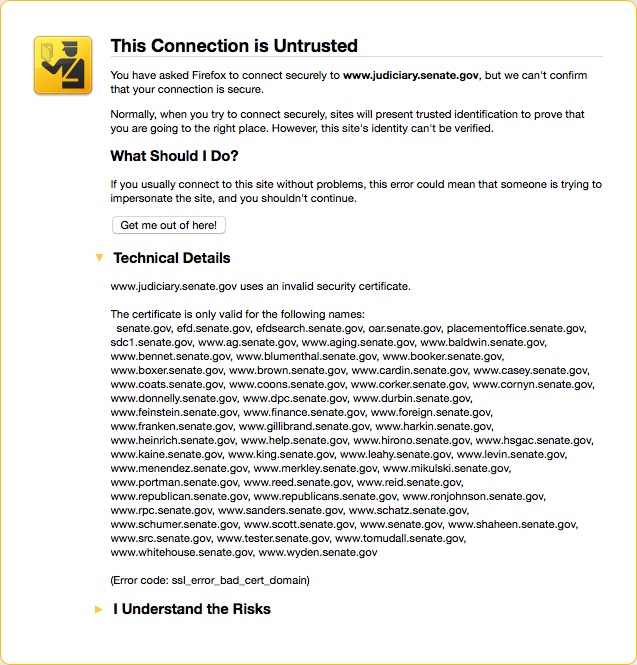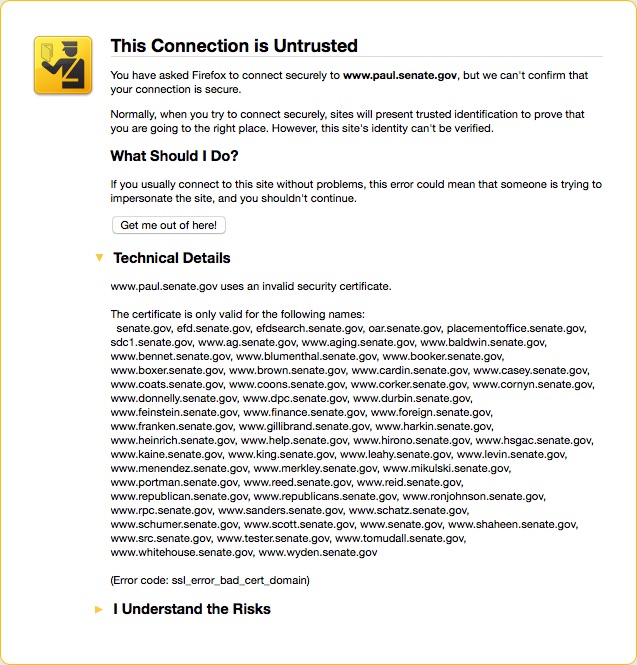It’s no secret that I’m not a fan of Rand Paul. Unlike his father, Rand is an inconsistent man that sways whatever way the political winds are blowing. His supporters, or the Rand Rapid Response Team as I like to call them, are always quick to claim he is just playing politics to win the presidency so he can beat Americans in the head with liberty. They never seem to have an answer as to why Rand, upon winning office (which he’ll never do), don’t continue to play politics to get a second term but I digress. From an anarchist point of view Rand is a tyrant through and through. But even from a small government point of view Rand is a tyrant. For example, his latest tirade was against so-called sanctuary cities. Sanctuary cities, for those who don’t follow the neocon news cycle, are supposed cities that refuse to enforce immigration laws. Neocons, Rand Paul included, really hate them:
Among those jumping on the anti-sanctuary-city bandwagon was presidential candidate and Sen. Rand Paul (R-Ky.).
Paul proudly introduced the PACT Act (“Protecting American Citizens Together,” ugh), because, as he states in his office’s emailed press release, “Our nation now has whole cities and states who stand up and willingly defy federal immigration laws in order to protect illegal immigrants who have broken our nation’s laws. This must end and it must end now. My bill makes it clear, the American people will not stand for cities harboring violent criminals.”
The bill would cut off a range of federal law enforcement grants to localities from any city daring to go its own way on enforcing federal immigration law. This, from a politician who generally sells himself as a strong federalist welcoming local experimentation, especially when, as with marijuana law, respect for local decisions might halt government interference with people’s lives for no good reason. Medical marijuana states are themselves “defying” federal laws, yet that doesn’t bother Paul on principle.
Kudos on the name. The PACT Act not only rhymes but it’s a backronym! Obviously my anarchist perspective doesn’t give any value to the imaginary lines that separate one tyrannical regime from another but even if I channel my long-dead small government memory Rand’s actions are inconsistent with liberty.
Anybody who believes in decentralizing power, which is what small government advocates claim to believe, should approve of an individual state or city deciding who they want to let live there. What business is it of the federal government who an individual state or city chooses to allow in?
Neocons have a hard-on for hating “illegal” immigrants. Rand Paul is a candidate for the Republican Party and therefore has to appeal to neocons. Time and again he has showing a willingness to do whatever is necessary to please is neocon base, which will always hate him because of who his father is, and even go so far as to introduce legislation to push the neocon agenda forward. If Rand merely pandered to the neocons then the Rand Rapid Response Team may have some grounds on which to claim their messiah was just playing politics. But the guy is introducing anti-liberty legislation in addition to pandering.
Obviously I’m not going to tell you what to do, especially when it comes to politics since I don’t play that game anymore. But I will severely judge anybody who claims to be an advocate of liberty and a supporter of Rand Paul. The two things are not equivalent.


